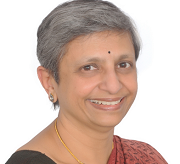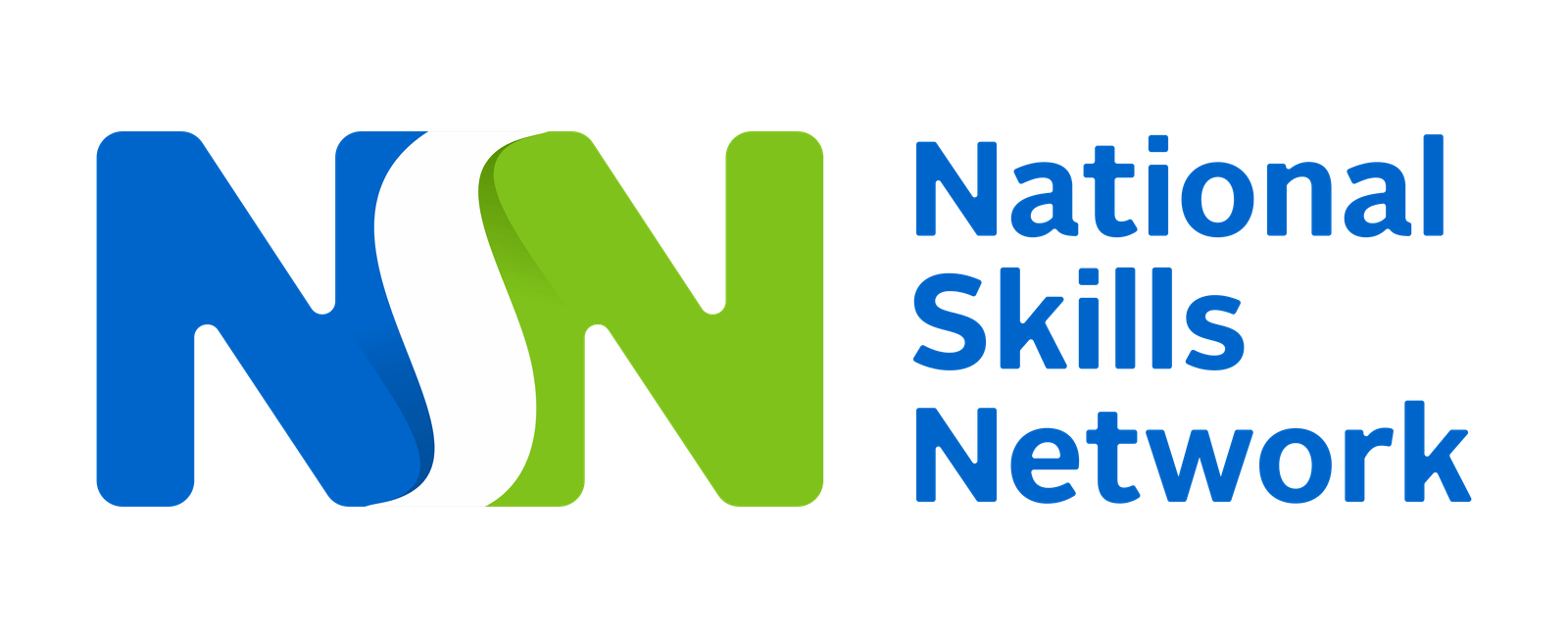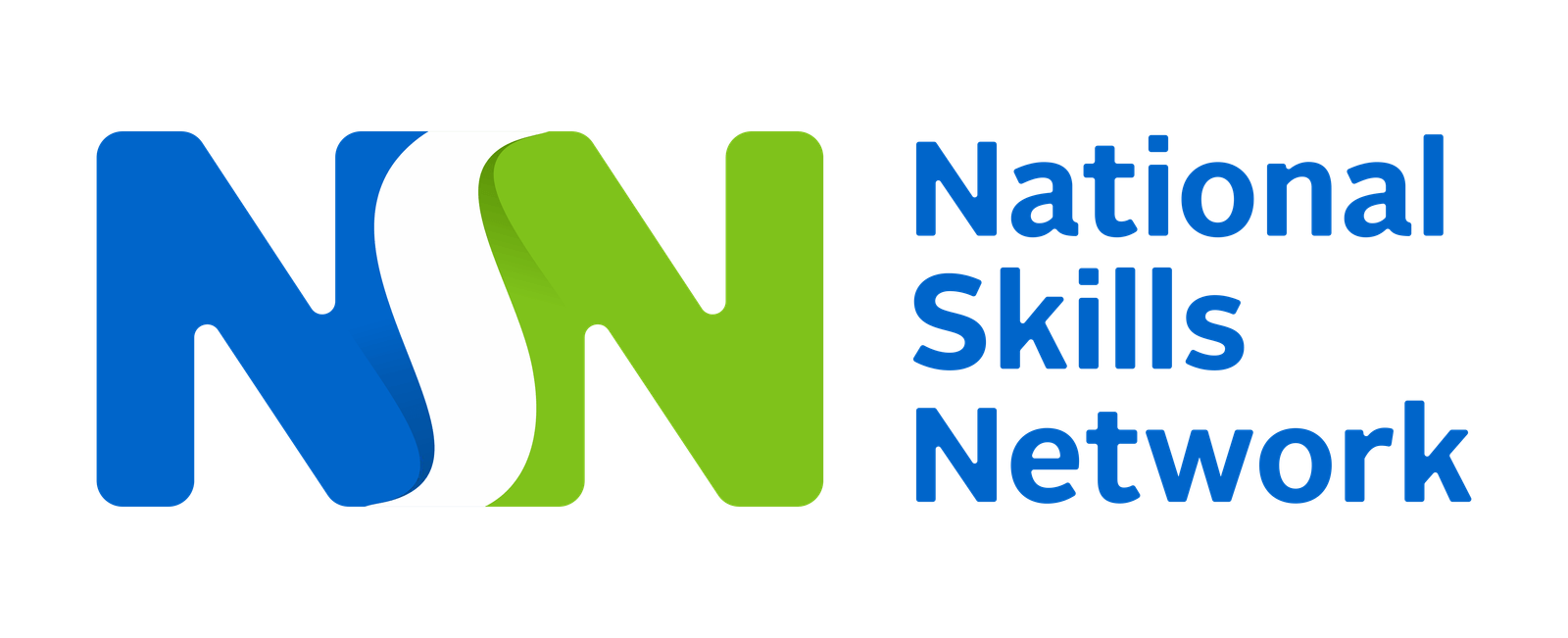Where are we in terms of bringing skills and education closer after 73 years of independence? Are skills meant only for government school children? Why are skills gender-stereotyped like tailoring is for girls and welding is for boys? Why aren’t skills and education more inclusive?
Team NSN has always had these bothering questions in mind. As India celebrates 74th Independence Day on 15th August 2020, in the third episode of our webinar series, 70 minutes (सत्तर मिनट), we wanted to focus on some key action points and initiate the discussion on why both skills and education matter for truly independent India.

The eminent panelists for the webinar were Ms. Meena Raghunathan, Director, GMR Varalakshmi Foundation; Mr. Rajesh A R, CEO, LabourNet Services; Dr. Rajesh Khambayat, Joint Director, PSSCIVE Bhopal; and Dr. Leena Chandran Wadia, Senior Fellow, Observer Research Foundation. The session was moderated by Dr. Madhuri Dubey, Founder, National Skills Network.
Why both skills and education matter for truly independent India?
India being a developing country, the need for skilled and trained manpower has always been a priority. When the country was hit by the Coronavirus pandemic early this year, it has highlighted the importance of skills, education, and trained manpower once again. With many people losing the jobs, it re-emphasized that it is the skills and right kind of training which opens up several opportunities for those who seek employment.
“By education, I mean an all-round drawing out of the best in child and man-body, mind and spirit. Literacy is not the end of education nor even the beginning. It is only one of the means by which man and woman can be educated. Literacy in itself is no education. I would, therefore, begin the child’s education by teaching it a useful handicraft and enabling it to produce from the moment it begins its training. Thus, every school can be made self-supporting.” – M. K. Gandhi
To be self-supporting, self-sufficient, and to be on the path towards Atma Nirbhar Bharat, skills and education play a crucial role and contribute towards making a truly independent India.
Keeping this in mind and with reference to the recently released National Education Policy 2020, panelists in the webinar have broadly focussed some key action points that need to be looked into to integrate skills with education not just at the school level but also higher education level, some points to address the mindsets of the people to overcome the stigma attached to vocational courses and how to make skills and education more inclusive.
 Ms. Meena Raghunathan, Director, GMR Varalakshmi Foundation
Ms. Meena Raghunathan, Director, GMR Varalakshmi Foundation

“National Education Policy 2020 gives due recognition to vocational education by starting the courses right at the school level. Our education has always been mind-focussed but education should be holistic and be of the heart, mind, and hand. We must take vocational education seriously, make it strong with a rigorous curriculum and evaluation. However, the introduction vocational courses in all schools must not create more silos, where coding is a skill in urban elite schools and carpentry is a skill in government schools,” said Ms. Meena Raghunathan.
The three action points are:
- Organise National level competitions: Similar to WorldSkills competitions, we should also have school skills competitions at the national level. We must make it a high profile event by maybe giving the awards to children at Republic Day celebrations by the President of India.
- Foreign scholarships: 10 students from each state, who pass-out from class 12th of vocational courses can be given foreign scholarships to study further in the countries like Germany, Korea, or in whichever country their strength of trade is.
- National dialogue on skill universities: To get more clarity on the concept and role of skill universities, we need a national dialogue. This will help us in understanding their functions, and roles. It must be sorted out how different they are or how we can meld the skill universities with the regular universities.
Mr. Rajesh A R, CEO, LabourNet Services

“The main issue we need to address to become truly independent is to address the issue of underemployed youth. 350 million-odd people are working but are working poor. With inconsistent work demands and insufficient wages, they feel they haven’t become independent yet. Due to lack of skills, financing, lack of market connect, and no or low access to technology does not let them complete the work and therefore, earn low wages. By bringing modular structure, multiple entry and exit points, academic credit bank, ensuring certificates, etc will make the underemployed truly independent”, said Mr. Rajesh A R.
The three action points are:
- Inclusiveness: The new National Education Policy should make it more inclusive for the rural, for the poor, for the part-time workers, for those who want work-integrated learning. It should take all such aspects into consideration.
- Bringing flexibility: We should not force anyone to come to the classroom and study. One should be able to study online, study practicals by doing work, learn by observing, etc. We give the learners this flexibility to learn from anywhere.
- Financing: We should offer high-quality education. For this, the country would need a lot of financing. This can be in the form of CSR funds, loans from the banks, and also employers can bring in the earned wages.
Dr. Rajesh Khambayat, Joint Director, PSSCIVE Bhopal

“Education and skills are a vital aspect of the development of our modern society. It is the best investment for people in developing economies and society. Skills and education play a major role in bringing economic wealth, social prosperity, and political stability. It is the master key to move in the world, seek better jobs, and ultimately succeed in life. They become important for realising the five trillion dream and to become Atma Nirbhar Bharat.
The four action points are:
- Image building: Making vocational educational aspirational for a diverse country like India and have no distinction between rural and urban and be more inclusive
- Upgrading Technology: ICT and skills training infrastructure must be upgraded to meet the future skill requirements
- Changing the mindset: We must change the mindsets of teachers and trainers, regarding skill education, building capacity, pay and service condition.
- Developing procedures: We must develop procedures and practices to drive this change
Dr. Leena Chandran Wadia, Senior Fellow, Observer Research Foundation

“With over three lakh secondary schools in India, only 10,000 schools are offering vocational education. This shows that education and skilling are failing spectacularly in India. However, the National Education Policy 2020 has provided some concrete guidelines in this regard. The economic potential of the regions must be analysed as the youth want to work from their places itself. Skills and specific job roles must not be assigned to women or poor people. It should be more inclusive. Vocational degrees will not have the dignity that they ought to have unless the wages improve. Also, social security plays an important role. We must also provide social security to teachers and vocational trainers”, said Dr. Leena Chandran Wadia.
Quoting Dr. K. Kasturirangan, Dr. Leena said, the biggest stumbling block in implementing vocational education and giving it the due respect is the tremendous gap in the mindsets of the people of government officials, management of institutions, and training companies.
The two action points:
- Addressing the mindsets: A lot of thinking and effort needs to go into to address the stigma associated with vocational education. As the majority of the students and parents who don’t want the courses to be called vocational. There is a desire to call it something else and mainstream it.
- Respect for teachers and trainers: Vocational teachers and trainers must be respected. To address this and to improve the quality of skills and training in our country, there must be a collective commitment to excellence, an enormous amount of outreach, create professional communities of teachers and support them.
Related Article: Skills for resilient youth – Read More: https://nationalskillsnetwork.in/action-points-skills-for-resilient-youth/
We believe most of you also had some of the above-mentioned questions bothering you for a while. We feel the panelists have rightly addressed and mentioned the action points which can be implemented by various stakeholders in the domain of skill development and vocational training for making skills aspirational and to improve the delivery system of skills and training.
Subscribe to our YouTube channel for more updates:
Subscribe on YouTube












